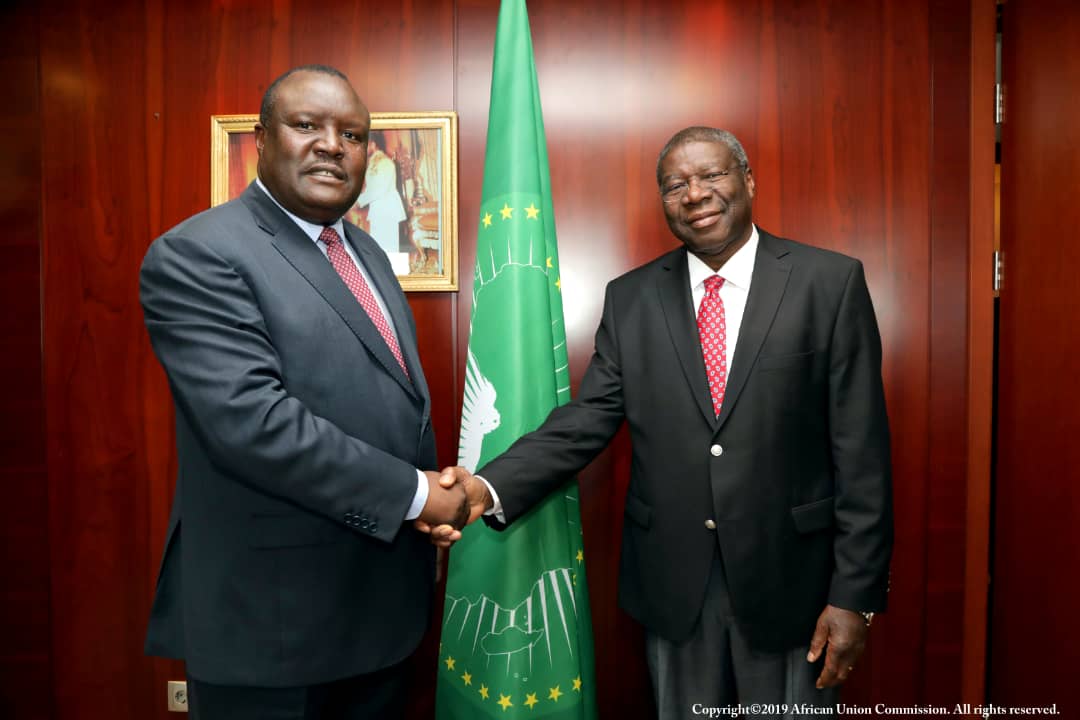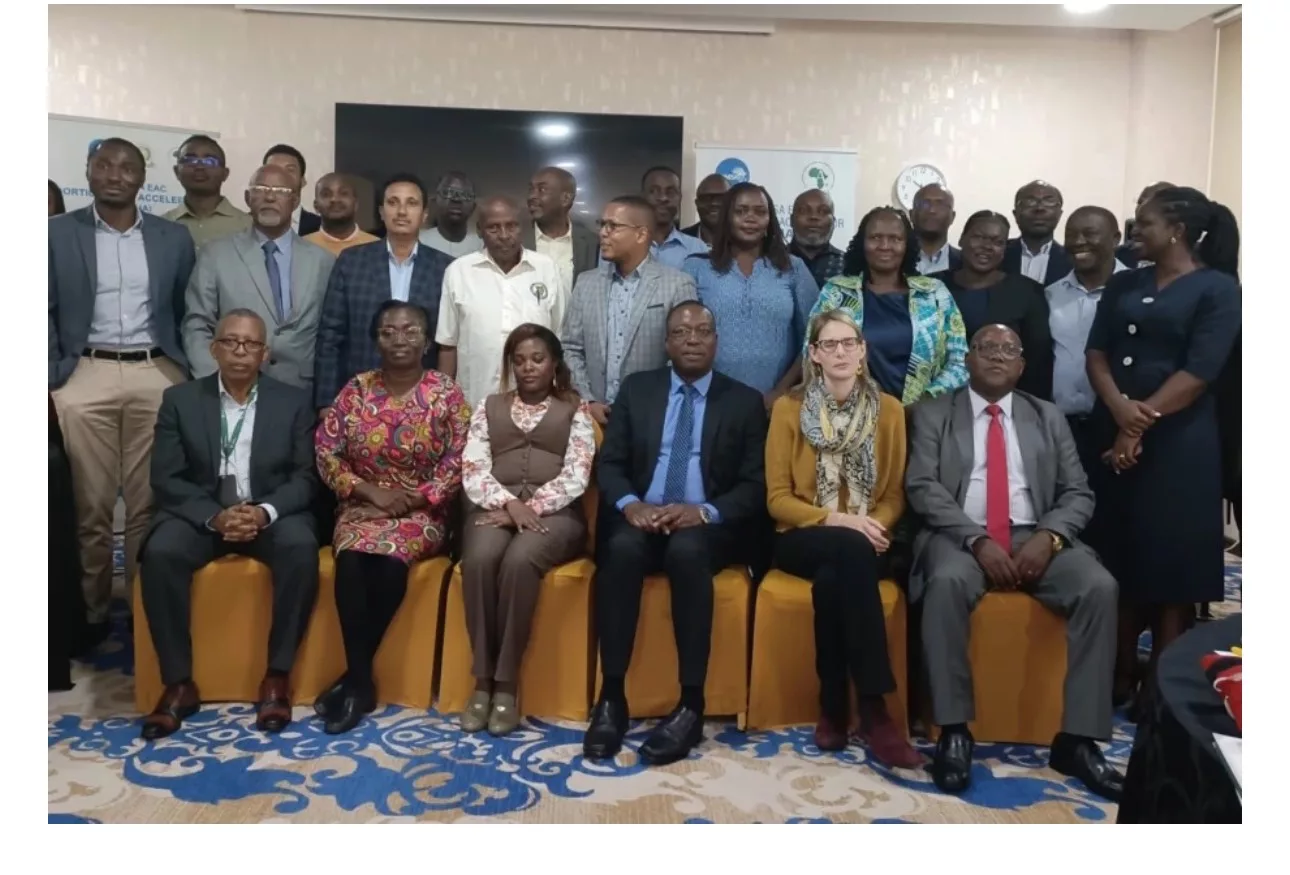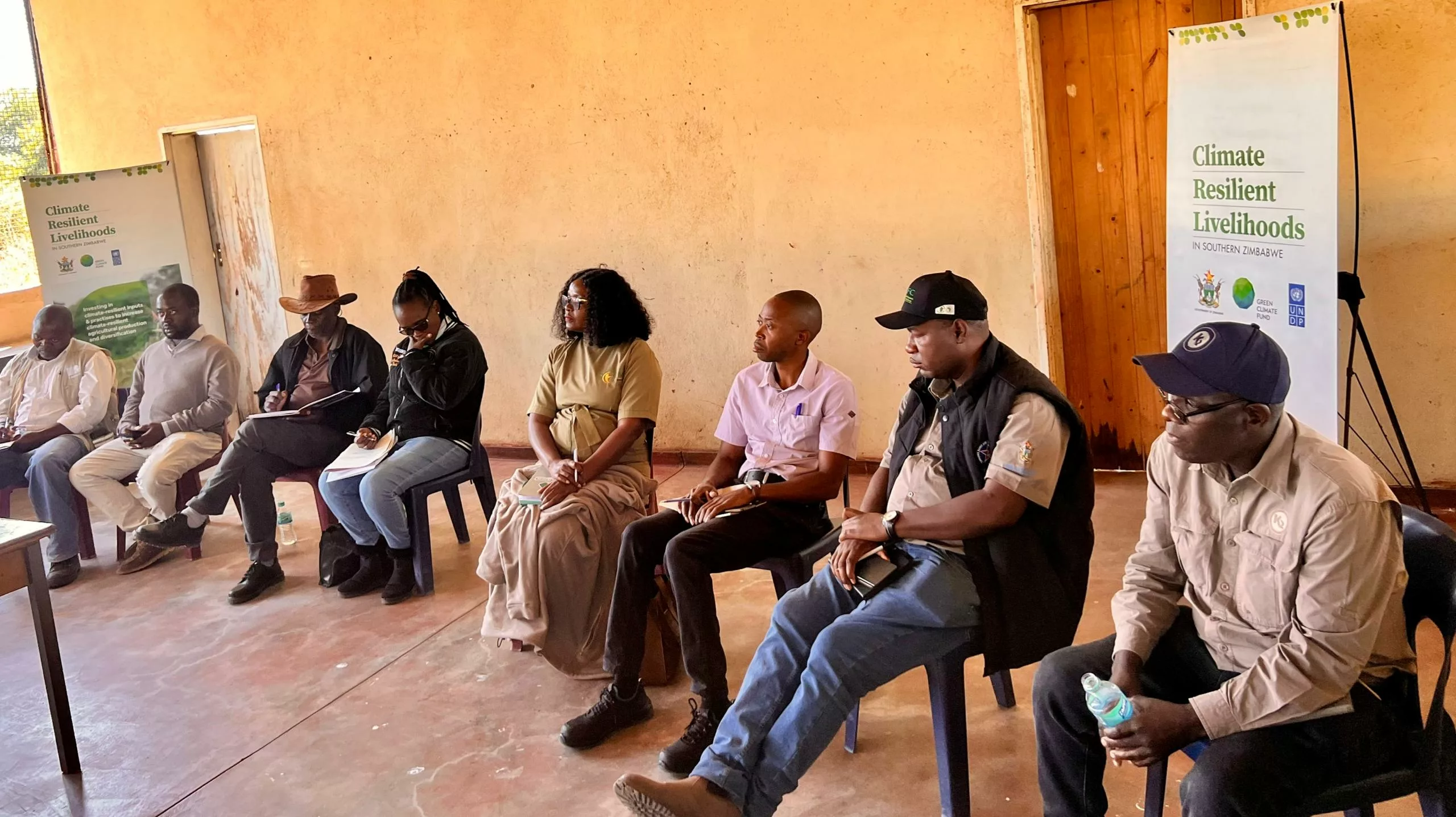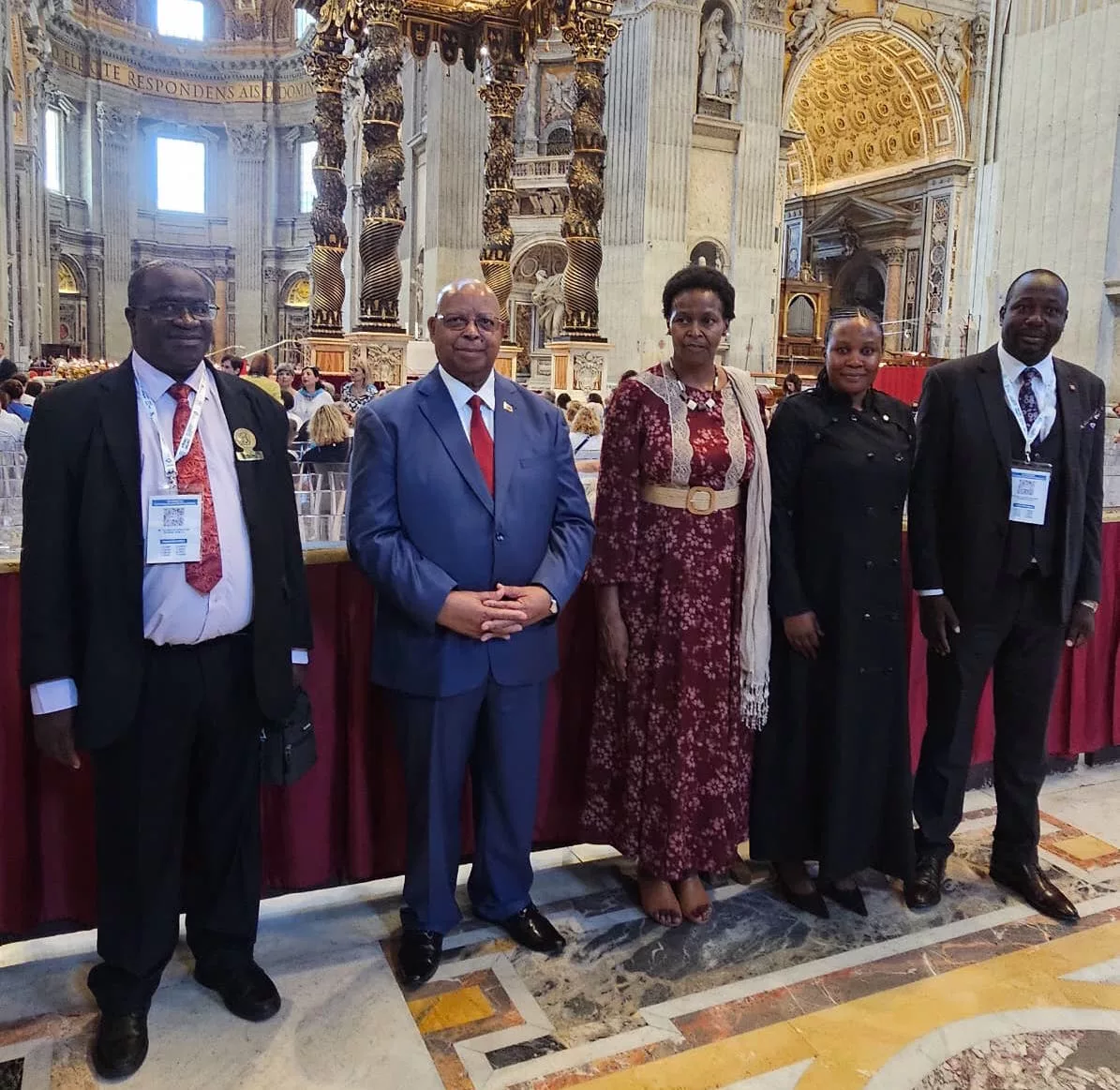The African Union International Centre for Girls and Women’s Education in Africa (AU/CIEFFA) and the Pan-African Parliament (PAP) have launched the Compendium of international and regional instruments on girls’ and women’s right to education in Africa, on 16 June 2020. The launch also includes the monitoring Report on the implementation of these instruments.
The compendium, developed over three years by the AU/CIEFFA with inputs from the PAP, intends to stand as a point of reference for governments and Human Rights’ defenders in their endeavor to ensure actual realization of girls’ and women’s fundamental rights, freedom and safeguard them against violations and breaches. It outlines key legal and policy instruments pertaining to girls’ and women’s education.
In his welcoming remarks during the virtual launch, Hon. Chief Fortune CHARUMBIRA, fourth Vice President of the PAP, referred to the significance of these instruments and the symbolism of the launch date. He recalled the commemoration of the Day of the African Child (DAC) and the 1976 students’ uprising in Soweto (South Africa) against the poor quality of education they received, and for their right to be taught in their own languages. He pledged PAP’s commitment to ensuring the implementation of these instruments at national level.
“Since May 2017, members of the PAP have been enthusiastic to validate without reserves the Compendium component documents during its early stages of development. I have the honor to let you know that the PAP intends to continue working post-launch of this compendium as we are now set towards pulling our entire weight behind the accountability for the commitments made relative to these rights. Today’s virtual launch offers for our girls; educational systems, but to us all here present; the opportunity not to return to the old normal!” says Hon. Charumbira.
On behalf of the Chairperson of the AUC, H.E. Sarah Anyang AGBOR, AU Commissioner for Human Resources, Science and Technology recognized the efforts and commitment of the PAP in providing critical inputs during the development process of this compendium by the AU/CIEFFA. She also applauded the AU member states for making strides to advance beyond adoption to the stage of ratification of key international and regional instruments for girls’ and women’s rights to Education in Africa. She however, appealed for more decisive action to accelerate the implementation of these instruments alluding to
existing gaps between the instruments and the actions undertaken at national and community levels to guarantee equitable educational systems, including girls and women on the continent.
According to recent UNESCO’ statistics, 9 million girls of primary school age will never have the opportunity to access school, compared to 3 million boys; and 4 million girls will never attend school compared to 2 million boys. Without urgent action, this situation is likely to worsen!
“This unique Compendium provides the complete listing of key instruments at both international and regional levels compiled with key provisions emphasizing on integration of gender-based parity, equity and equality in the education sector. She continues “It is therefore with big joy in my heart that I officially launch the compendium of regional and international legal instruments on girls and women’s education as well as the monitoring Report on the implementation of these instruments by our specialized institution, AU/CIEFFA,” remarked H.E. Sarah Anyang AGBOR.
In her response to the launch, Hon. Amina SOUNA, Chairperson of the PAP Committee on Education called on all stakeholders including Youth organizations, Civil Society Organizations (CSOs) and Regional Economic Communities (RECs) to renew the commitment to uphold the right to education for girls and women. “It is our duty to take ownership of this collection and to promote girls and women’s education. I call on all stakeholders in the fight for girls and women’s education to work together in the implementation of these instruments and make them a reality” Hon. Souna said.
The sentiment was echoed by Hon. Kone DOGNON, Chairperson of the PAP Committee on Rural Economy who encouraged Parliamentarians to ensure that this compendium does not become part of other legal tools which are yet to be implemented by our governments saying: “We have a lot of signed and ratified instruments that are yet to be domesticated and implemented. We need solid guarantee from member states that the compendium will not suffer the same fate. It is our role as Parliamentarians to obtain those guarantees and we will do all we can to ensure the implementation. We owe it to our girls and women.”
The AU/CIEFFA says that instruments contained in the compendium articulate specific provisions with policies, measures and practices which African states can readily take inspiration from. They put emphasis on girls’ and women’ access and retention in educational systems, not only quantitatively but qualitatively, with a focus on innovation and creativity, TVET and STEM, at the highest level of education.
Along with the Compendium, the AU/CIEFFA has also developed a Monitoring Framework, strategized to track the level of implementation of all these legal instruments, identify key stakeholders, the persisting barriers, and especially the strategic actions to be implemented for girls and women to enjoy the benefits of education.






